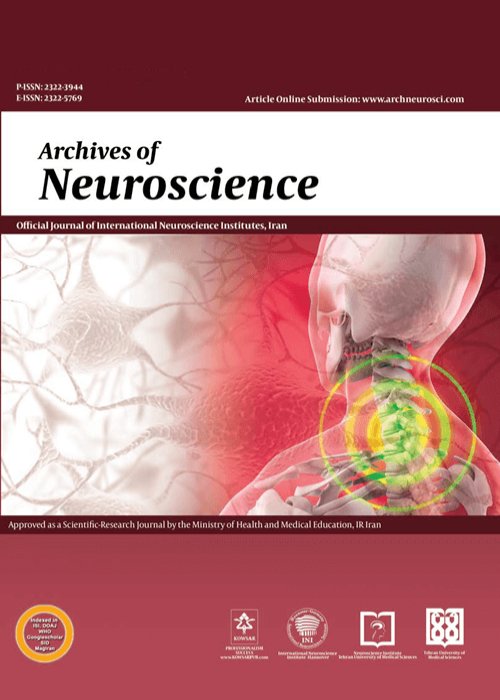Assessment of the Delirium Prevalence among Pediatric Patients Admitted to the Pediatric Intensive Care Unit in West of Iran
Delirium is often not diagnosed or treated in pediatric intensive care unit (PICU). Delirium leads to a longer hospital stay period, which in turn can result in an increase in hospital treatment costs and an increase in the risk of nosocomial infections.
The present study aimed to determine the prevalence of delirium and its risk factors in PICU pediatric.
This cross-sectional study was conducted in 2021 - 2022 in hospitals affiliated to Kermanshah University of Medical Sciences. The data collection instruments included the Richmond Agitation-Sedation Scale (RASS) and the Cornell Assessment of Pediatric Delirium (CAPD) questionnaire. Delirium was assessed by the researcher twice a day, in the morning and the evening. The assessment was carried out by a trained person, and the examination results were confirmed by an anesthesiologist who was a member of the research team. Data analysis was carried out using SPSS ver. 16.
According to our study results, the majority of the 89 examined patients were male (n = 52 cases, 59.8%), aged 13 - 16 years (n = 37 cases, 42.5%), and were admitted due to pneumonia (n = 24 cases, 27.6%). The prevalence of delirium was higher in patients with pain and those requiring oxygen therapy (P < 0.05). Furthermore, the overall prevalence of delirium in PICU patients was 25.3% (n = 22 cases).
Investigating the prevalence of delirium in all age groups – pediatric and adolescents, in particular – was found to be extremely important. It was also found that the prevalence of delirium in PICU patients was significant; therefore, it was recommended that necessary preventive and medical interventions should be made to deal with these patients.
- حق عضویت دریافتی صرف حمایت از نشریات عضو و نگهداری، تکمیل و توسعه مگیران میشود.
- پرداخت حق اشتراک و دانلود مقالات اجازه بازنشر آن در سایر رسانههای چاپی و دیجیتال را به کاربر نمیدهد.


